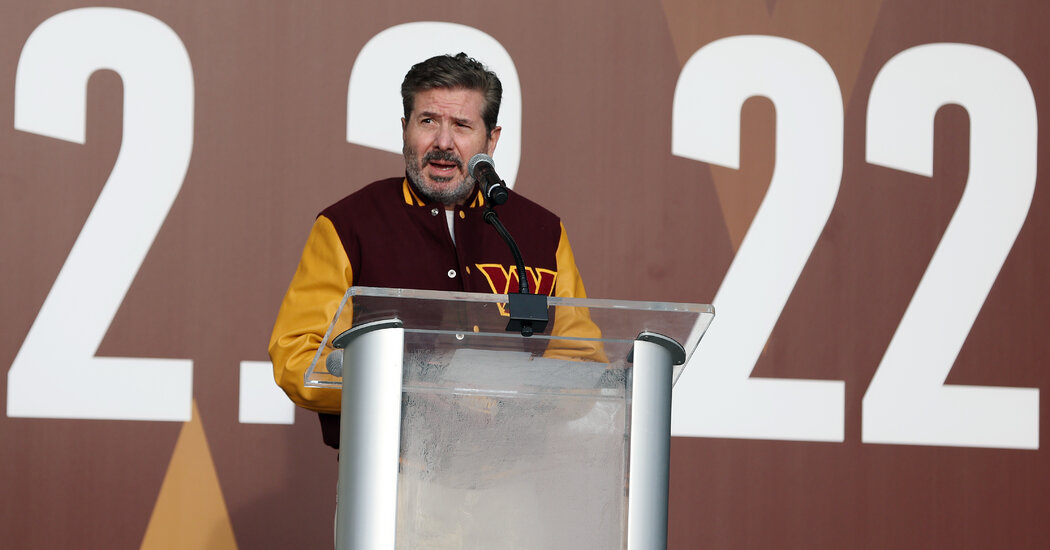
Friedman, through his lawyers, stood by his testimony and said he would answer follow-up questions from any of the government agencies reviewing the team’s activities.
“My client is also prepared to defend himself publicly against these baseless allegations if Mr. Snyder permits him to do so,” his lawyers, Lisa Banks and Debra Katz, said, referring to the team’s owner, Daniel Snyder. “In the meantime, we will communicate directly with the team about these demonstratively false allegations.”
In March, Friedman testified to the committee about a practice he said some team executives called “juicing,” in which revenue from N.F.L. game tickets was reported as having come from other events held at the team’s stadium in order to reduce the amount of ticket revenue it was required to share with the 31 other N.F.L. teams.
One example he provided involved licensing fees for college games or concerts hosted at the team’s stadium in Maryland. In testimony the committee cited in its letter to the F.T.C., Friedman said team executives kept one set of books with the altered numbers it submitted to the N.F.L. and a second set with the accurate accounting that was shown to Snyder.
Snyder, through a representative, declined to comment.
In Monday’s submission to the F.T.C., the team said its auditors, as well as those from the N.F.L., had access to all revenue, including from non-N.F.L. events, and would have discovered such a discrepancy had it existed. Specifically responding to Friedman’s claim that $162,360 from Commanders games was categorized as revenue from a college game, the team offered screen shots of emails it claims show that the money was properly listed as the N.F.L. team revenue.
Friedman also testified that in his role he oversaw the processing of security deposits paid by season-ticket holders and that after Snyder bought the team in 1999, the team intentionally made it difficult for ticket holders to recoup their refundable payments. He alleged that the Commanders organization held on to $5 million from such deposits.
Washington disputed those claims, saying it converted about $200,000 in security deposits into revenue, but only after those customers defaulted on their payments. In 2014 alone, the Commanders said, they refunded the security deposits of about 750, or half, of the dormant accounts, and over time returned more than $2 million.




